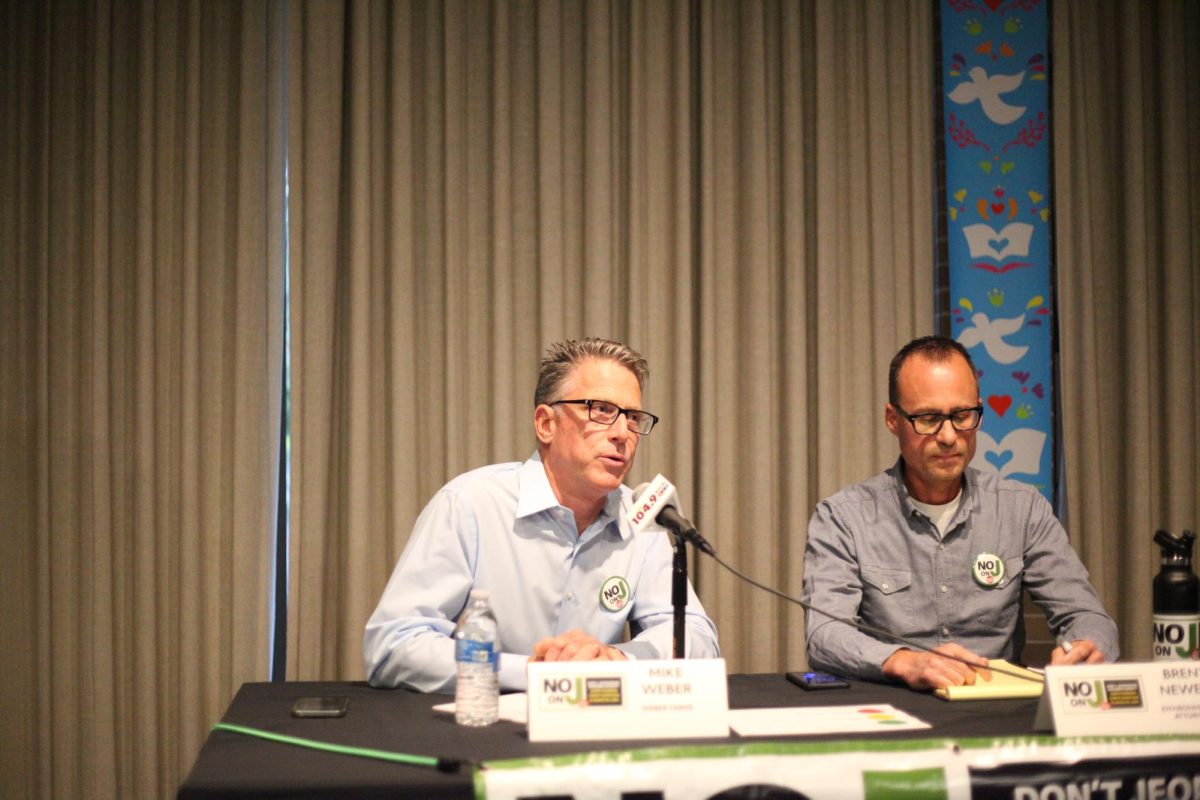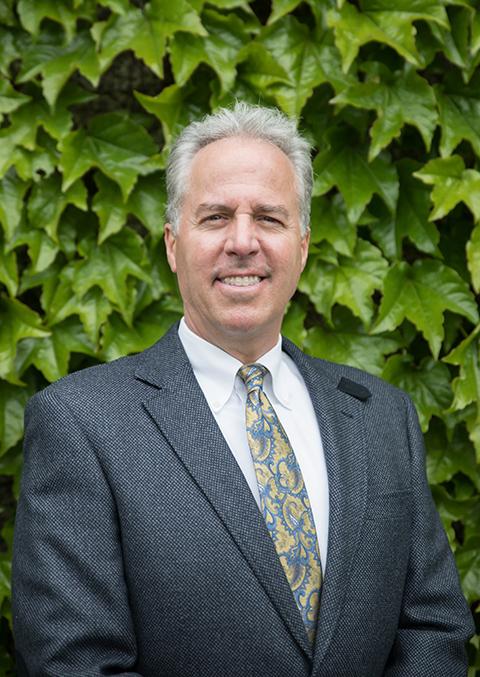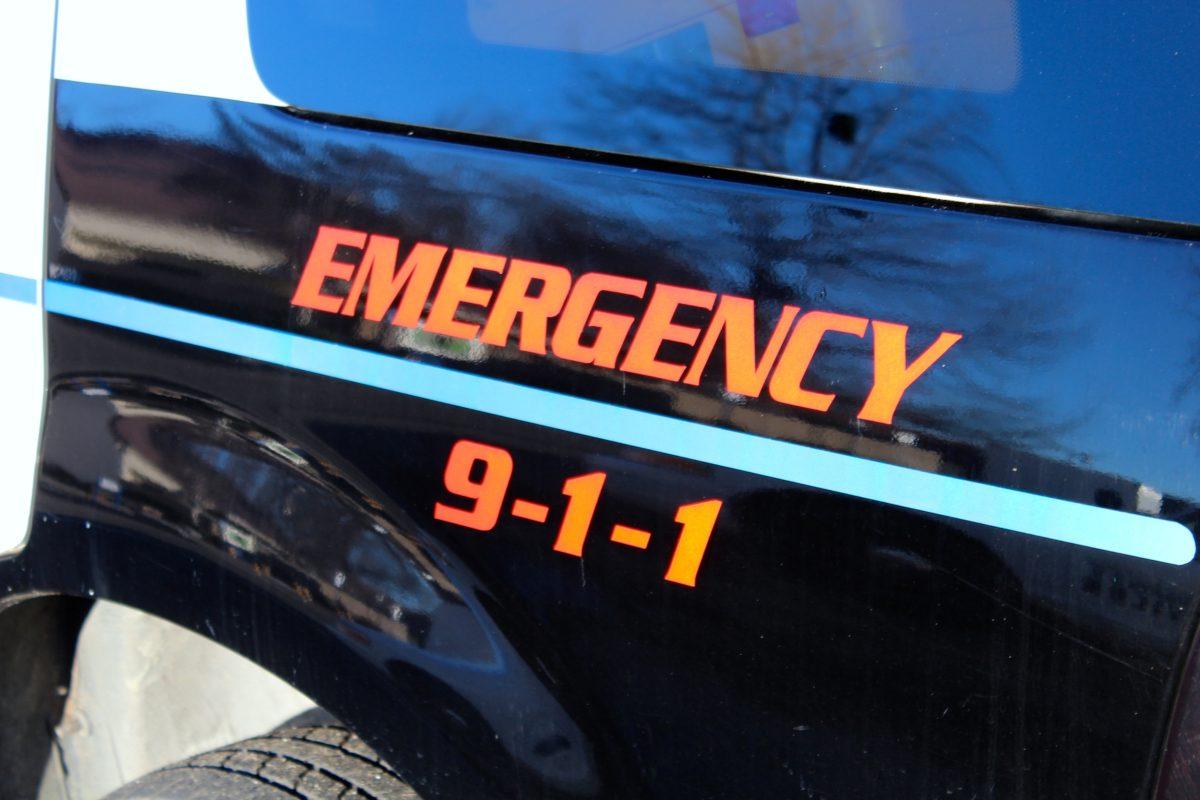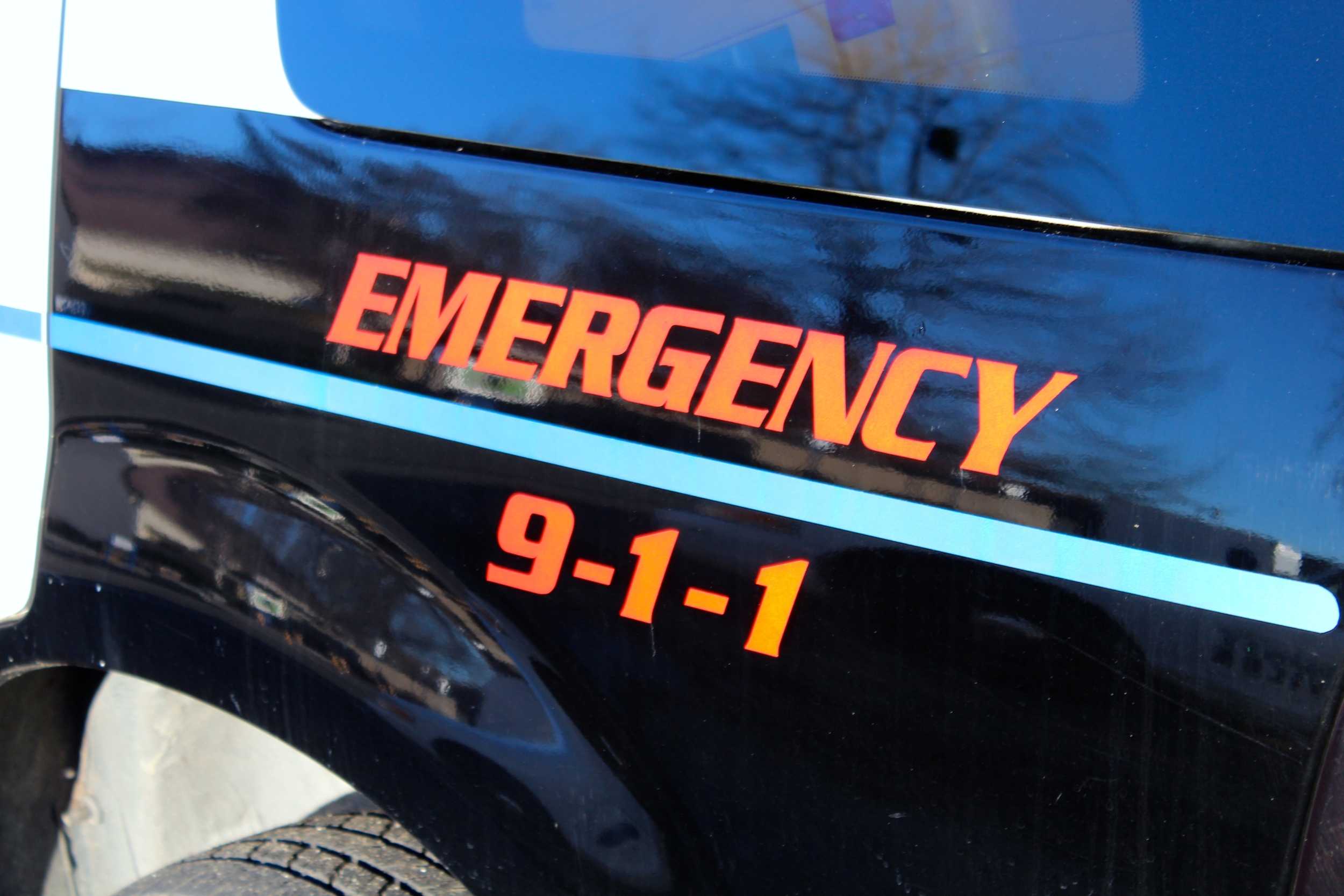News Commentary
Sonoma State University’s Campus Police Corporal Neal MacKenzie is a Sonoma State Alumni who has been an officer at the school for ten years. He works a 12-hour shift, the night shift that goes from 7 p.m. to 7 a.m. Two officers are on shift at all times to cover Sonoma State’s 9,408 students.
He has an easy demeanor; his voice is like that of doctor, looking to reassure you in any circumstance but still authoritative.
Over and over, he talks about how he likes his job because he likes knowing he’s the one keeping students safe. He says it’s a lot of thinking on his feet, explaining that his job requires being observant and reading body language.
When asked about myths about officers he’d like to have debunked MacKenzie said, “The myth that we enjoy arresting people and giving tickets when sometimes a warning will suffice. Often times, cooperativeness and politeness go a long way.”
While on shift, calls can range from none to twenty or thirty and include anything from jump-starting a car to a medical emergency. There are no normal days. Calls are more frequent in the later half of the week from Wednesday to Friday.
Last Thursday, during the first half of the night, MacKenzie made two stops. The first stop was to check on an idling vehicle in the health center parking lot behind the library. The vehicle’s lights were off and the driver was inside.
The car appeared to have been there for a while. MacKenzie parked and approached the car, in a professional quickness. The driver claimed to be waiting for someone in the library.
After being asked what goes through his mind during a stop, MacKenzie said, “Be on your guard because technically, anything can happen.”
Being on shift means answering calls and roaming the school either in a squad car or on foot. The inside of a squad car is reminiscent of the inside of the Delorean from “Back To The Future”, if it were used to occasionally transport the occasional arrestee. A panel of buttons rests in the center console that allow the officer to shine lights nearly all around the car for better visibility as well as the predictable sirens, and overhead lights. There’s a scanner and radio in the center console. It’s a pretty active radio that covers both the campus and Rohnert Park.
When asked what it was like working with students, MacKenzie said, “Students are not here to cause problems, they mostly make minor mistakes and they learn from it. On the flip side, it is an open campus, so we encounter people from all over.”
The next call was to a fire alarm in Beaujolais Village. The resident seemed embarrassed, explaining she had burnt chicken and set off the smoke detector. MacKenzie returned to the panel where he shut off the smoke detector and reported it back to dispatch. MacKenzie spends time on his shift walking the campus and residential halls too. He hopes it helps students feel safe seeing an officer around.
“Even if it’s as simple as jump starting someone’s car,” MacKenzie said, “I like to help people.”
During part of of the shift, MacKenzie drove through campus reporting lightbulbs that were no longer working, and driving through parking lots looking for anything that was out of place. MacKenzie explained a huge part of his job is maintaining the little things, campus police are responsible for a lot more than people often notice.
Programs exist among college campus police officers like CRU or Critical Response Unit that trains officers to respond to any kind of scenario including natural disasters, dignitaries, and civil disturbances.
“Campus police has to specialize in everything and know about everything. There is no task force,” MacKenzie said.
occur, as unlike normal police officers, campus police do not have specific units designated to each individual scenario – instead, they have to be equipped to respond to anything and everything.
He says medical calls are relatively common. In the previous week, MacKenzie was a first responder to what appeared to be a seizure call, and called the EMTs to the situation.
MacKenzie carries many titles and responsibilities within the trade including Corporal – essentially meaning he’s a supervisor responsible for the patrol officers; Field Training Officer, a training program that lasts twelve-week after officers graduate from the academy, as well as being a firearm instructor.



































